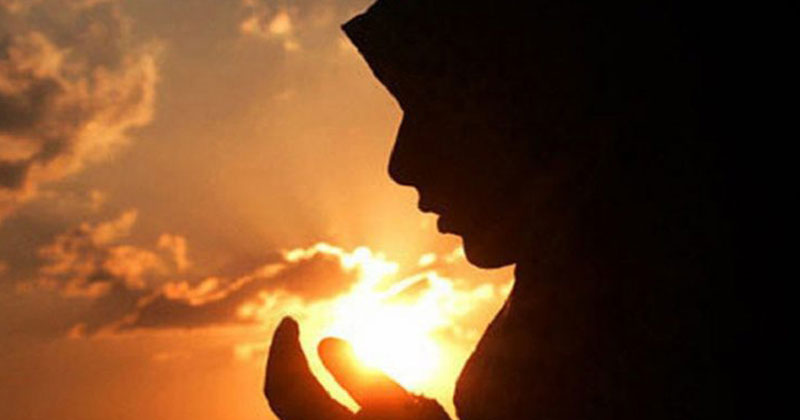
Ramadan falls on the ninth month of the Islamic calendar, which means that this year it begins at the end of May. It is a month of intense prayer, reflection, and fasting from dawn to dusk intended for fostering a stronger relationship with God. It is also about discipline and valuing the blessings in life too often taken for granted.
Menstruation temporarily releases a woman from a variety of religious duties that are otherwise considered obligatory, including ritual prayers, whether or not it’s during Ramadan. Men are also asked not to have sex with their wives while they have their periods. Legal scholars, Sheikh explained, say the Quran has explicit verses giving leave to menstruating women from these practices, as well as from fasting and prayer during Islam’s holiest month. Fasts missed due to menstruation have to be made up as soon as possible.
Women on their periods are not the only group to abstain from fasting. The sick and the old are not able to fast for health reasons, and people who are travelling can choose not to fast and make it up later.
Also Read: RAMADAN: Dos and Don’ts for non-Muslims to follow

Post Your Comments